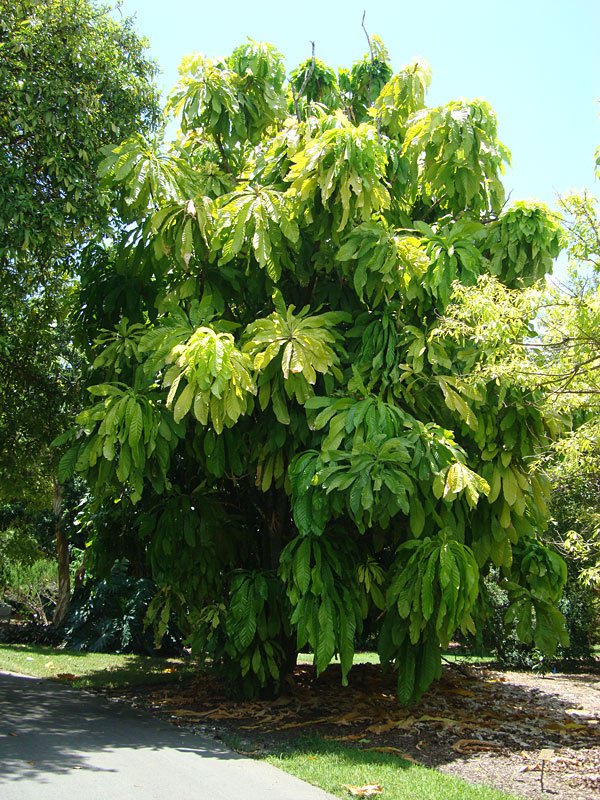“Save Dwindling Fish stock” – Professor Tells Govt

A fisheries scientist, Professor Denis Aheto, has observed that the dwindling fish stock in the country’s waters can drive up social vices which in turn can lead to insecurity in the country.
He said even though the country’s waters are endowed with valuable fish stock, the recent low catches are badly affecting the more than 2.2 million people, including 135,000 fishermen and women, who depend on the sector for their livelihoods.
Professor Aheto, who is the Director of the Centre for Coastal Management at the University of Cape Coast (CCM-UCC), made this statement at a training program on fisheries management for selected journalists at Okyereko, near Winneba, in the Central Region.
He said the country’s coastal areas continued to be under threat from human-induced factors such as sand winning, pollution and natural factors such as climate change that were also affecting the marine sector globally.
Prof. Aheto has, therefore, called on all stakeholders, including fisherfolk, the government, academia, and civil society organizations to collaborate in managing the country’s fisheries resources based on scientific evidence and towards protecting and sustaining the fishing industry.
The workshop was organized by the CCM-UCC in partnership with the Ministry of Fisheries and Aquaculture and Nature Today Ghana, with support from the United States Agency for International Development (USAID).
The Director of the Centre for Coastal Management said the marine sector played an important role in reducing poverty and providing livelihoods and income for fisherfolk as well as supplementing the protein needs of families.
The fisheries sector currently employs about 10 percent of the country’s population and contributes about 60 percent of the animal protein intake of the people.
“Our focus has always been on food security implication only but the situation has general security issues too,” he said, adding that those who were losing their livelihoods could engage in other activities that might pose a threat to the nation’s security.
He explained also that the country’s fisheries resource currently was also being impacted negatively by temperature, plastic waste, and residues from oil production.
The Sustainable Development Goal 14 espouses the goal of conserving and sustainable use of the world’s oceans, seas, and marine resources.
Prof. Aheto said the CCM-UCC had partnered the USAID to implement a five-year project aimed at helping to manage the fisheries sector.
Under the project, he said, a number of activities were being undertaken, including extensive research and training of fishery scientists and professionals.
The Pro-Vice-Chancellor of the UCC, Professor Dora Francisca Edu-Buandoh, said the university, which was located along the coast, recognized the invaluable role of scientific research to the sustainable management of marine and coastal resources.
She said the current state of the fisheries sector demanded concerted efforts at developing it in order for it to continue playing its food and nutritional security role.
A senior lecturer at the CCM-UCC, Dr George Dapaah, called on the government to cut subsidies on premix fuel and rather use the funding to develop landing beaches as a means to improving the fishing communities.
“Because input subsidies encourage over-exploitation of marine and coastal resources as it provides incentives to increased efforts at fishing and thereby making the overfishing situation worse,” he said.
Dr Dapaah also urged the government to pay more attention to the aquaculture sector as it had a lot of potentials.

